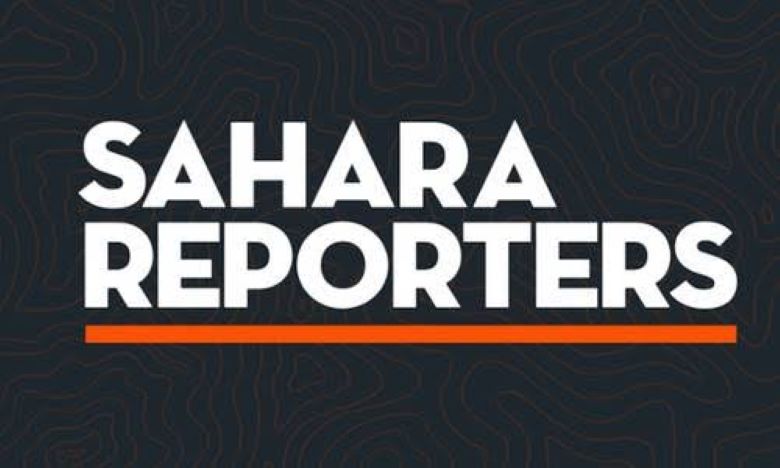Forgotten Dairies
Sahara Reporters And The Dangerous Normalisation Of Leaking “Confidential/Immediate” Police Signals -By Danjuma Lamido
Nigeria cannot afford a culture where internal security communications are casually published to the world. The law is unambiguous, and enforcement should be equally uncompromising.

In recent times, Sahara Reporters has developed a troubling habit: repeatedly publishing internal Nigeria Police Force signals clearly marked “Confidential/Immediate”.
This reckless pattern is not only unethical but also unlawful. It undermines national security, compromises ongoing operations, and endangers both officers and civilians.

Sahara Reporters publisher, Omoyele Sowore
The latest example, the Tuesday, November 25, 2025, publication titled “BREAKING: Nigerian Police Service Commission Sets Date For DCP To CP Promotion Exam, Lists 14 Officers” — represents yet another blatant violation of Nigeria’s laws governing the handling of classified information.
Let it be stated without ambiguity: publishing a document tagged “Confidential/Immediate” without authorisation is a serious offence in Nigeria. It is a crime that attracts imprisonment, fines, or both. Under Nigerian law, unauthorised disclosure of classified or sensitive official information is not a “minor leak”; it is a felony.
The governing framework is crystal clear. The Official Secrets Act of 1962 prohibits the transmission, obtaining, or failure to safeguard classified matter in any form when such disclosure may be prejudicial to national security.
The Act specifically covers documents emanating from security agencies such as the Police Force, Armed Forces, and other institutions of state security. Violations attract steep penalties — including imprisonment of up to 14 years.
Furthermore, for those within the system aiding these leaks, the Criminal Code Act also provides for punishment.
It states unequivocally that any public servant who, without proper authority, abstracts, makes a copy of, or transfers government documents commits a misdemeanour and is liable to one year’s imprisonment.
This is not an advisory guideline; it is the law of the Federal Republic of Nigeria.
What Sahara Reporters did on November 25, by publishing internal police correspondence marked “Confidential/Immediate”, fits squarely within the prohibitions of both the Official Secrets Act of 1962 and the Criminal Code Act.
Regardless of the motivation, whether for sensationalism, speed, or influence, the law does not excuse the unauthorised publication of classified security documents.
This pattern of conduct cannot continue unchecked. A media platform operating within Nigeria’s jurisdiction must understand the limits of press freedom. Freedom of the press does not include the freedom to jeopardise national security or violate clearly established statutes.
It is time to remind Sahara Reporters and those leaking these documents that classified police signals are not for public consumption. These documents often contain operational details, names of officers, intelligence assessments, and sensitive timelines. Exposing such information does not serve the public interest; it endangers lives.
I therefore call on Nigeria’s law enforcement agencies, including the Nigeria Police Force, the Office of the National Security Adviser, and the Federal Ministry of Justice, to commence appropriate legal action.
Sahara Reporters should be prosecuted for repeatedly violating the Official Secrets Act and the Criminal Code Act through the unauthorised publication of “Confidential/Immediate” documents.
The individuals leaking these documents from within the system must also be identified and brought to justice.
Nigeria cannot afford a culture where internal security communications are casually published to the world. The law is unambiguous, and enforcement should be equally uncompromising.
Danjuma Lamido writes from Yola, Adamawa State. E-mail: danjumalamido2011@gmail.com










